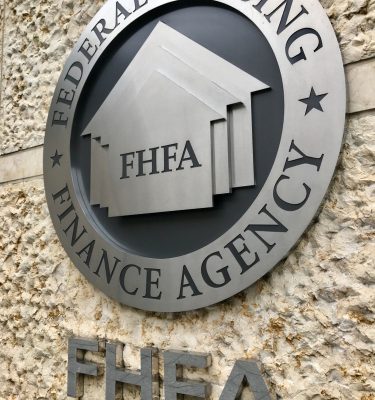Letters to Congress: AFR and 17 Allies Urge Senators to Oppose Bill Pulte’s Nomination to Serve as FHFA Director
Americans for Financial Reform along with 17 housing, consumer, civil rights, and labor organizations sent a letter urging the Senate Banking Committee to oppose the nomination of Bill Pulte to serve as Director of the Federal Housing Finance Agency (FHFA). Mr. Pulte’s residential rental real estate investments and private equity background make him uniquely unsuited to lead the FHFA.








